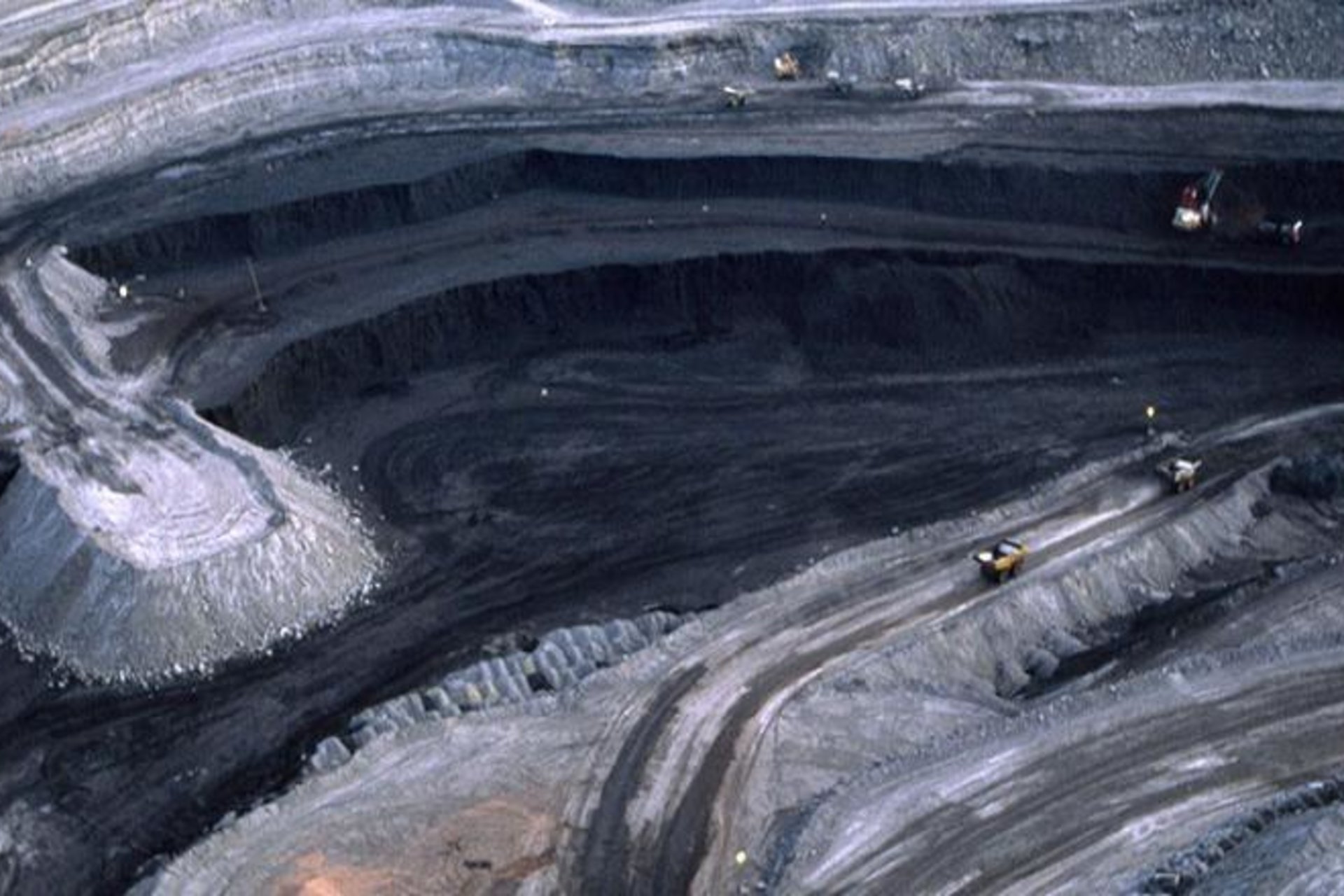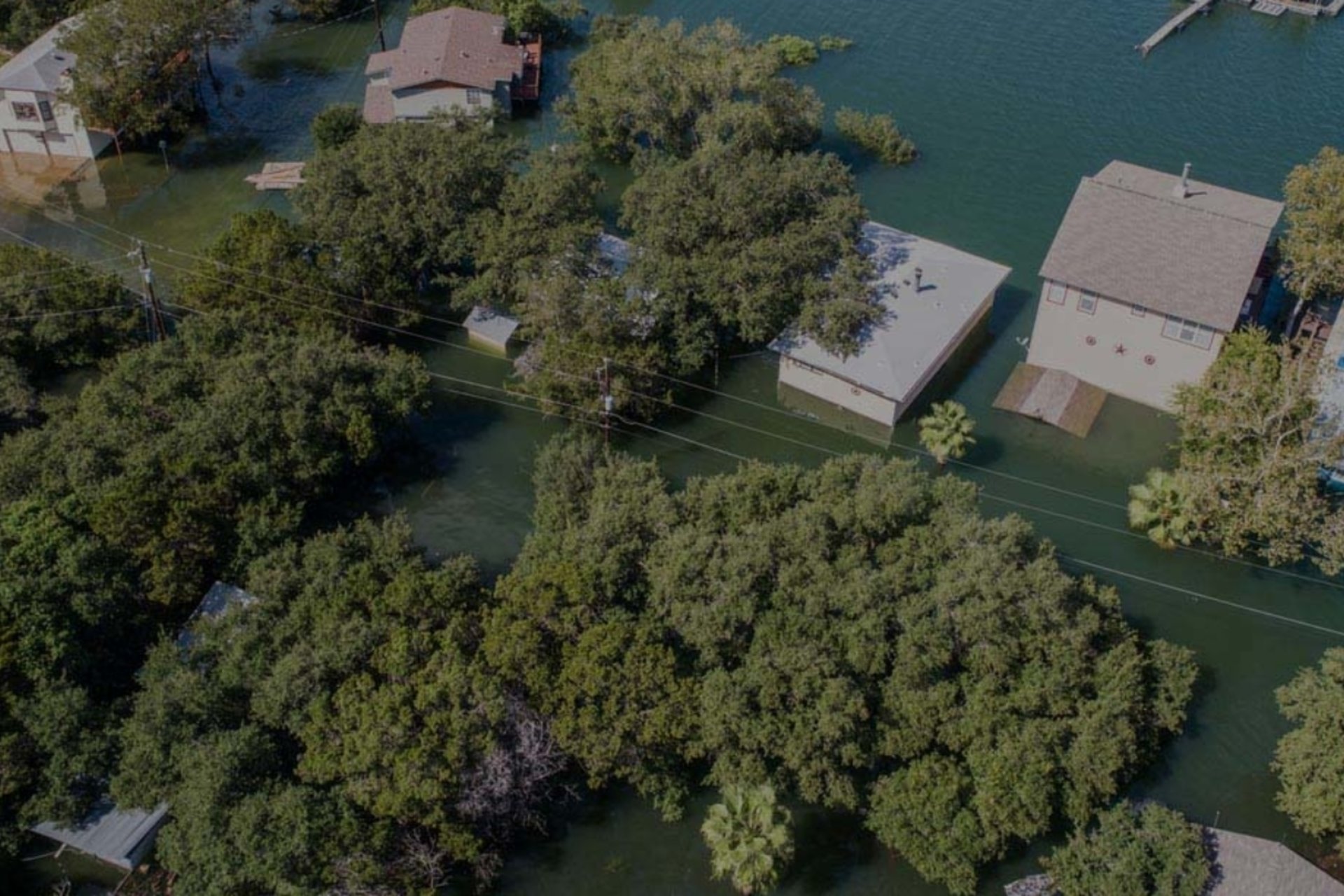Global Markets and Governance
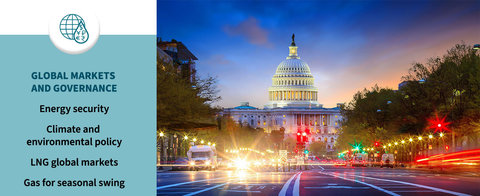
Project Topics
Benson Lab
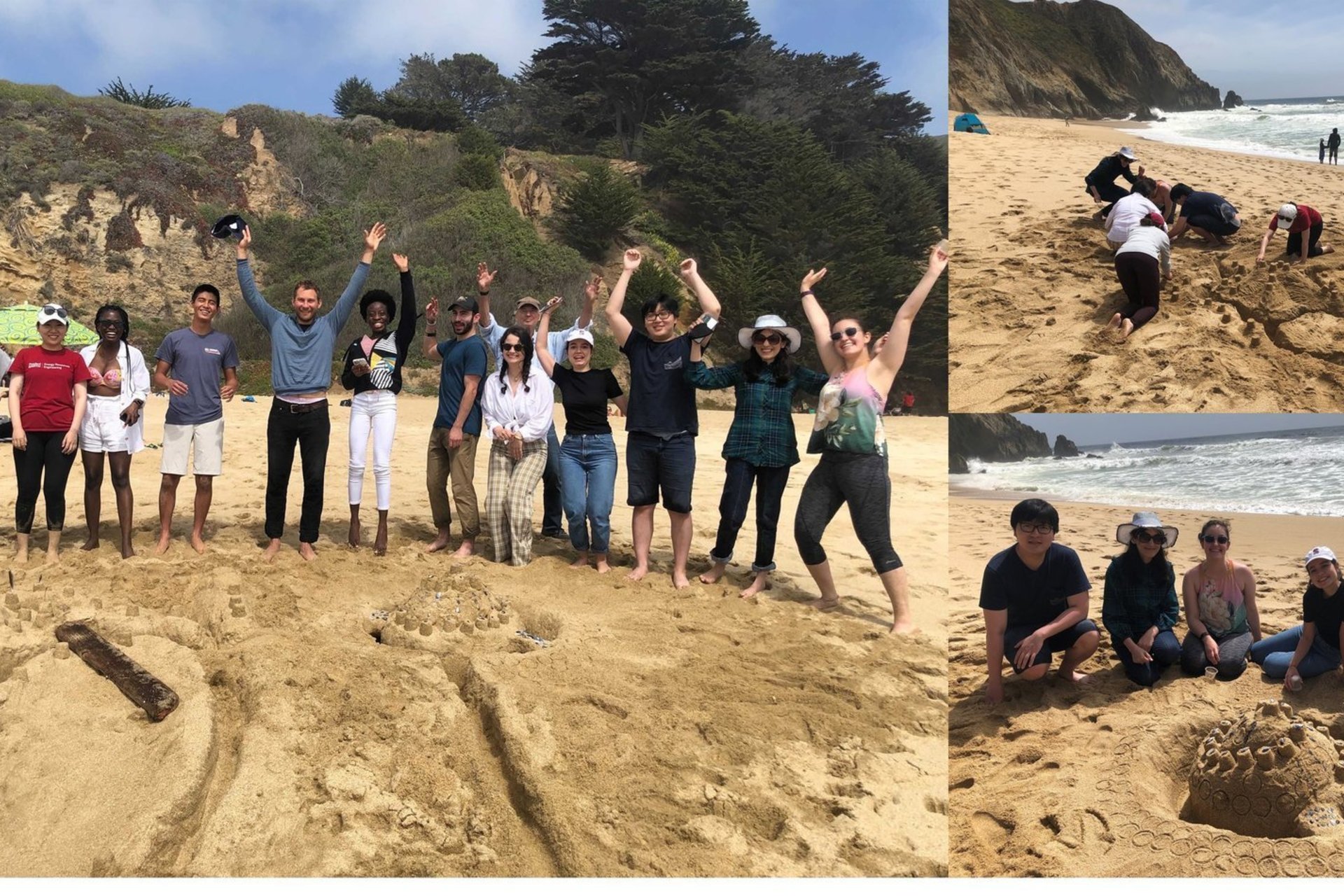
The Benson Lab is a research group in the department of Energy Resources Engineering. We investigate fundamental characteristics of carbon dioxide storage in geologic formations as well as low-carbon energy system modeling and optimization as means of climate change mitigation.
Program on Energy and Sustainable Development (PESD)
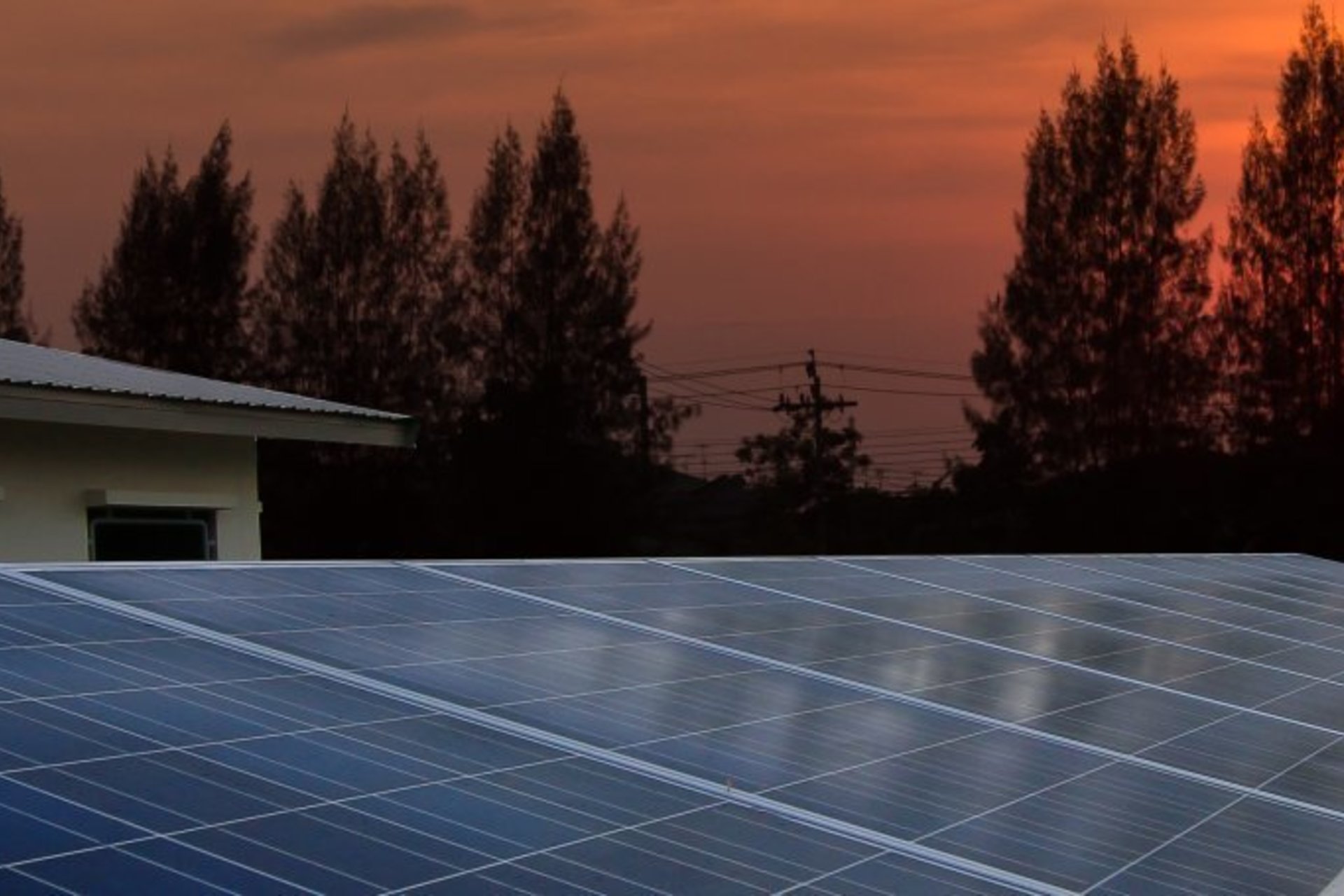
PESD is an international, interdisciplinary program that draws on the fields of economics, political science, law, and management to investigate how real energy markets work. This means understanding not only what is technologically possible and economically efficient but also how actual political and regulatory processes lead to outcomes that are more costly and less effective than they could be.
Faculty & Researchers
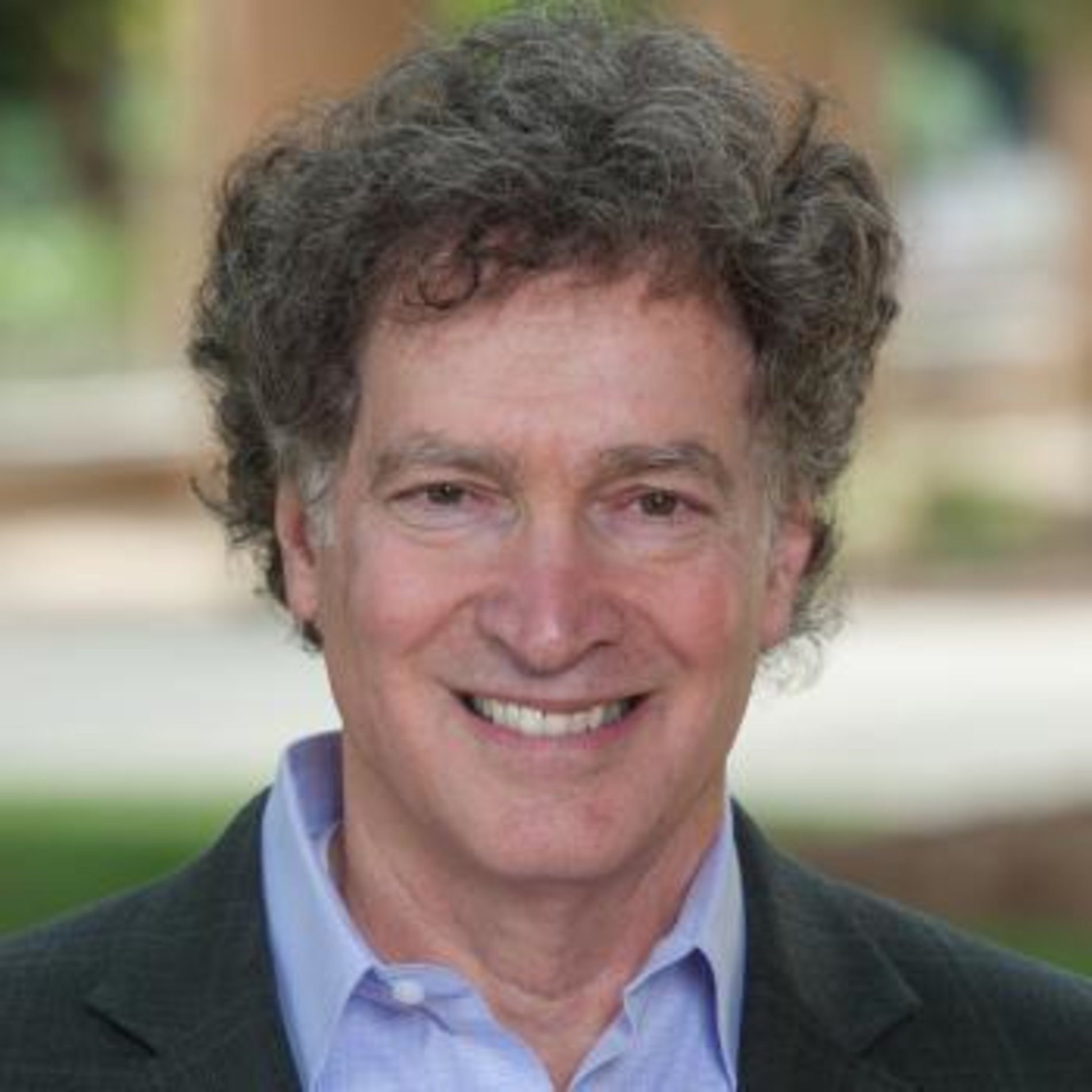
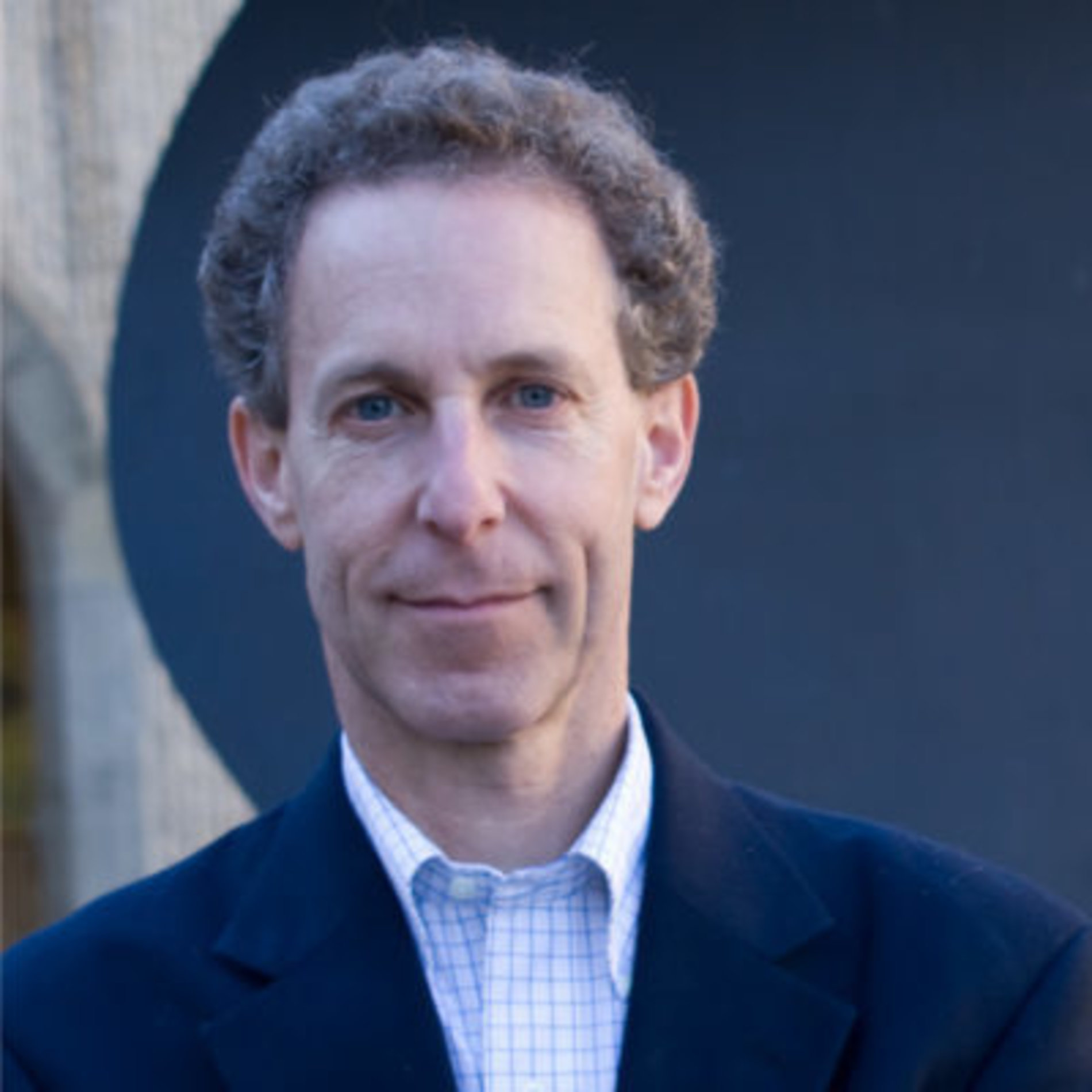
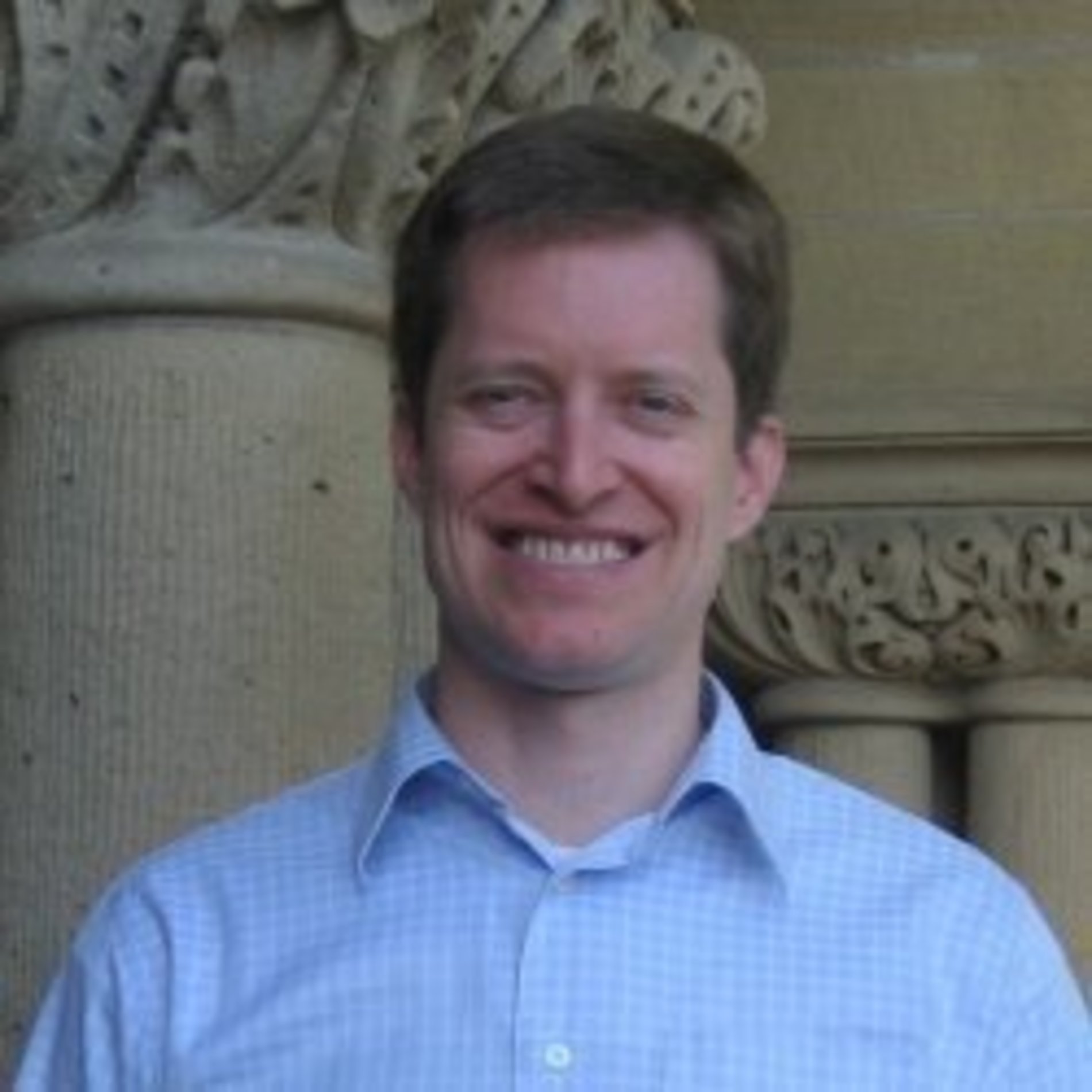

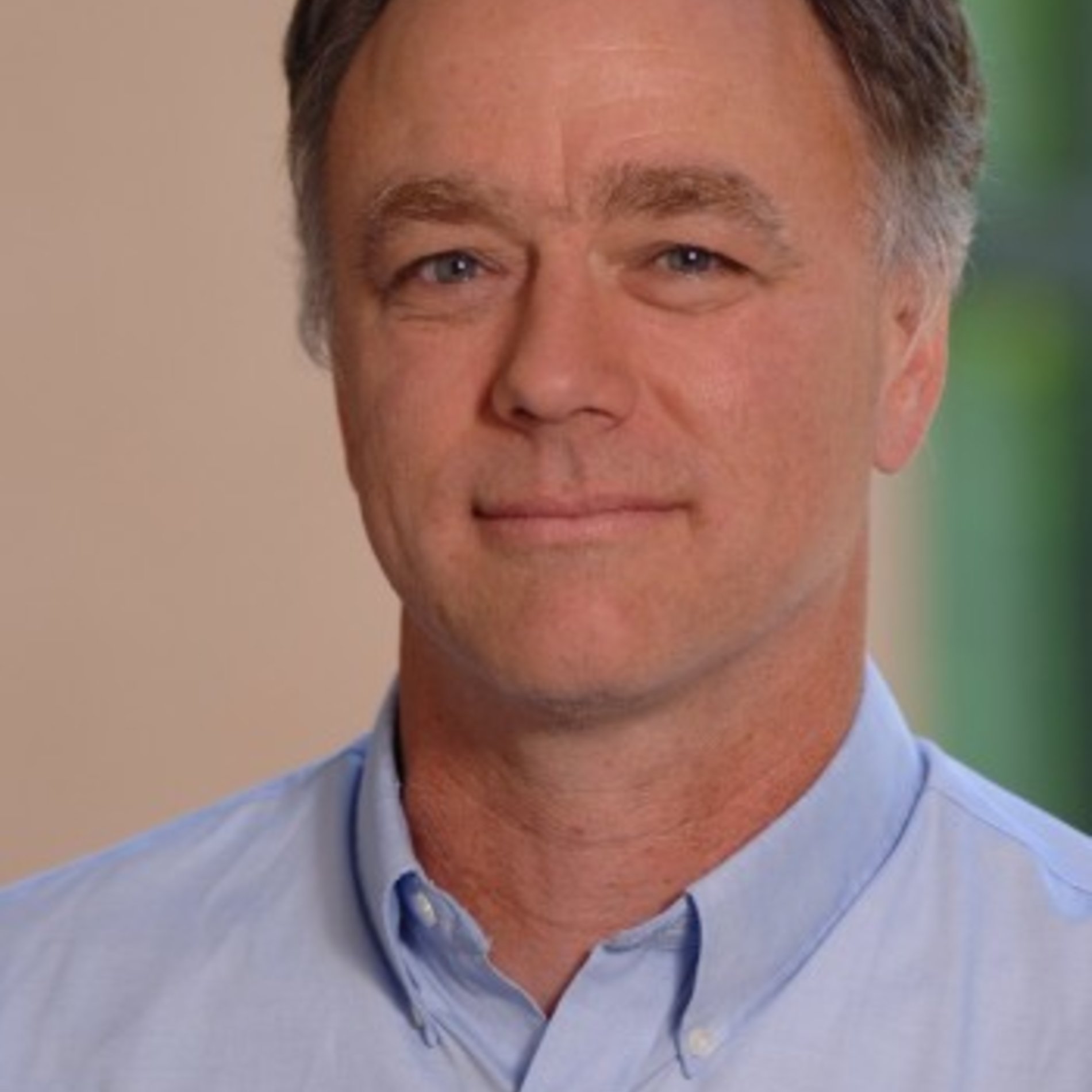
Find Courses
- Econometrics Workshop
ECON 370 (Aut, Win, Spr) - Energy Markets and Policy
GSBGEN 336 (Win) - Energy, the Environment, and the Economy
ECON 17N (Win) - Regulatory Economics
ECON 158 (Win) - Regulatory Economics
LAW 1056 (Win) - Research Methods and Policy Applications I
INTLPOL 301A (Aut) - Research Methods and Policy Applications II
INTLPOL 301B (Win) - Environmental Economics
ECON 250 (Win) - Environmental Economics and Policy
ECON 155 (Win) - Public Economics and Environmental Economics Seminar
ECON 341 (Aut, Win, Spr) - Advanced Methods in Modeling for Climate and Energy Policy
MS&E 394 (Spr) - Doctoral Research Seminar in Energy-Environmental Systems Modeling and Analysis
MS&E 391 (Aut) - International Environmental Policy
MS&E 92Q (Win) - The Energy Seminar
CEE 301, ENERGY 301, MS&E 494 (Aut, Win, Spr)
Related Publications
- Brandt, Adam, Holger Teichgraeber, Charles Kang, Charles Barnhart, Michael Carbajales-Dale, and Sgouris Sgouridis. “Blow Wind Blow: Capital Deployment in Variable Energy Systems”, Pergamon, 224 (June 2021): 120198.
- Sleep, Sylvia, Zainab Dadashi, Yuanlei Chen, Adam Brandt, Heather MacLean, and Joule Bergerson. “Improving Robustness of LCA Results through Stakeholder Engagement: A Case Study of Emerging Oil Sands Technologies”, Elsevier, 281 (January 2021): 125277.
- Al, Long Et. “Optimal Design of the Power Generation Network in California: Moving towards 100% Renewable Electricity by 2045”, World Academy of Science.
- Wolak, Christoph Graf Federico Quagliay Frank. “Simpli Ed Electricity Market Models With Signicant Intermittent Renewable Capacity: Evidence from Italy”.
- X., Goulder Hafstead Kim Long. “Impacts of a Carbon Tax across US Household Income Groups: What Are the Equity-Efficiency Trade-Offs?”.
- Wolak, Frank. “Wholesale Market Design”.
- M., De Chalendar Benson. “Why 100% Renewable Energy Is Not Enough”.
- M., De Chalendar Glynn Benson. “City-Scale Decarbonization Experiments With Integrated Energy System”.
- Von Walda Austin J.Stanion Deepak Rajagopal Adam R.Brandt, Gregory. “Biomethane Addition to California Transmission Pipelines: Regional Simulation of the Impact of Regulations”.
- Wolak, Frank. “Tax Brown Energy or Subsidize Green? The Choice Is Easy”.
- Wolak, Frank. “A Carbon Tax to Fund Increased Border Security?”.
- J., Koomey Schmidt Hummel Weyant. “Inside the Black Box: Understanding Key Drivers of Global Emission Scenarios”.
- Thurber, Mark. Coal.
- Inger, Davis Lewis Shaner Aggarwal Arent Azevedo Benson Bradley Brouwer Chiang Clack Cohen Doig Edmonds Fennell Field Hannegan Hodge Hoffert. “Net-Zero Emissions Energy Systems”.
- P., Fawcett McFarland Morris Weyant. “INTRODUCTION TO THE EMF 32 STUDY ON U.S. CARBON TAX SCENARIOS”.

